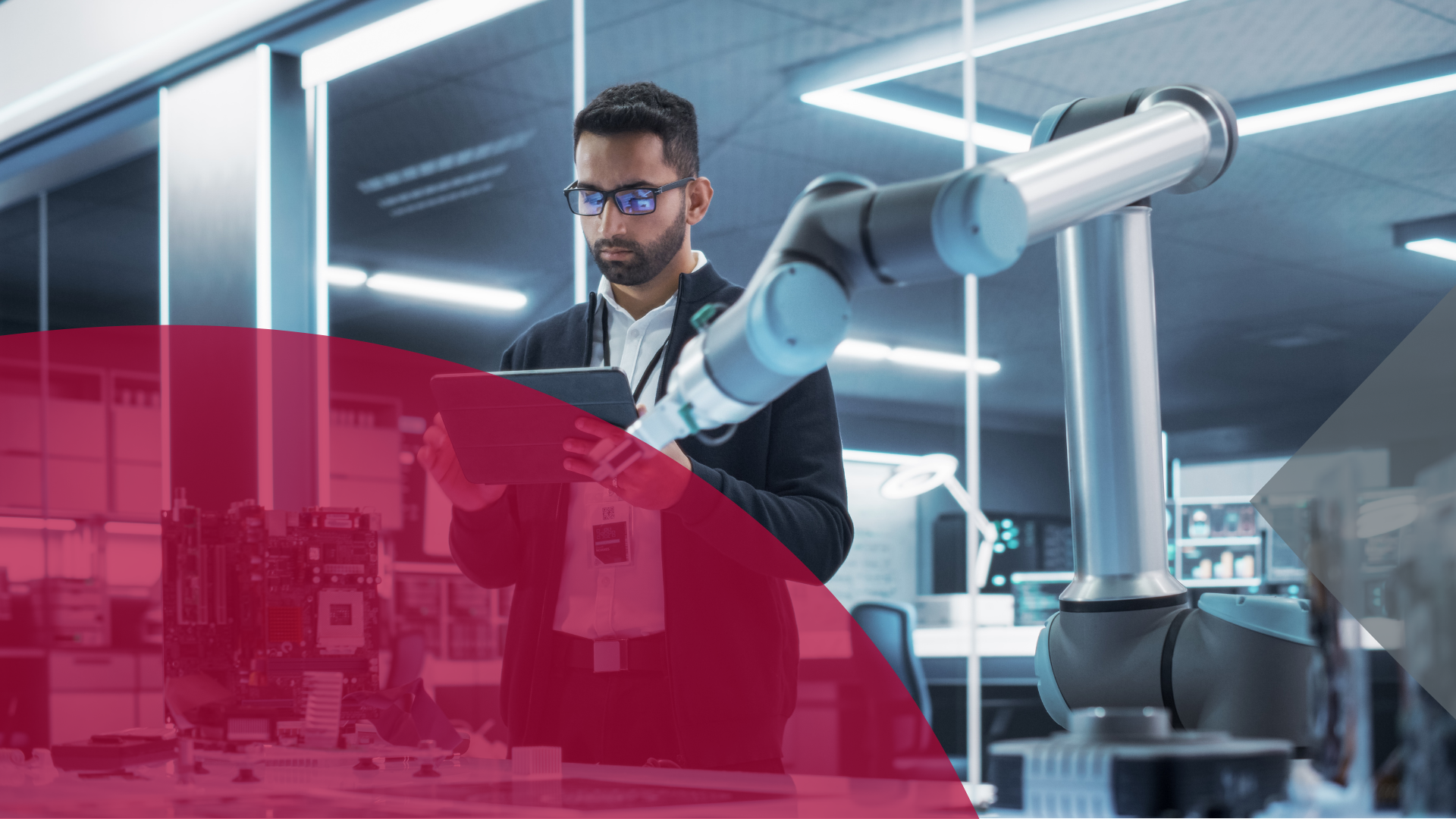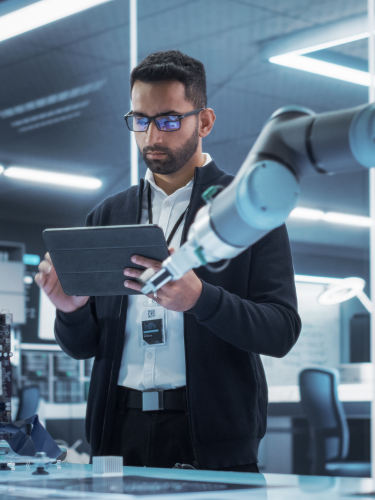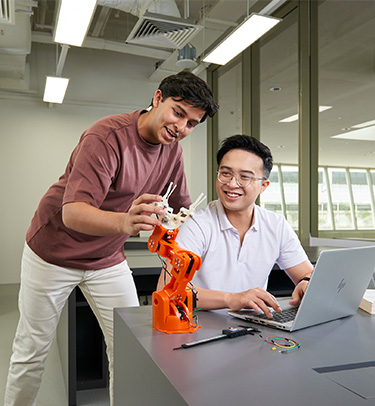Driven by strong government support, a highly skilled workforce, and a focus on innovation and technology, Singapore’s robotics industry has been steadily growing in recent years. It is now the second most automated country in the world, behind South Korea. According to the World Robotics 2023 report, Singapore has 730 robots per 10,000 employees, an average increase of 27% yearly since 2015, far ahead of the average global robot density of 151 robots per 10,000 employees.
Recently, $60 million was announced for the National Robotics Programme (NRP) to develop robots and encourage the adoption of robotics in the manufacturing, healthcare and logistics sectors. This investment aims to help Singapore tap into the growing global robotics market, which is valued at $50 billion now and is projected to exceed $60 billion by 2028.
Emerging Trends and Career Opportunities in Singapore’s Robotics Landscape
The use of automation, which includes robots, is becoming more prevalent in Singapore, and will become more so in the future due to developments in Artificial Intelligence (AI), Machine Learning (ML), and the Internet of Things (loT). As robotics technology progresses and expands into diverse industries, its numerous potential growth areas are fuelling the demand for robotics professionals and creating new career opportunities.
Robotics in Manufacturing/Advanced Manufacturing
The rise of Industry 4.0 has led to a generational shift from machine-based assembly lines to “smart factories” that use robotics, loT, and other cutting-edge technologies to enhance productivity and competitiveness in Singapore's manufacturing/advanced manufacturing sector. This includes notable trends such as the integration of advanced robotics for additive manufacturing (3D printing), precise assembly, and flexible manufacturing systems.
Robotics professionals who are skilled in designing, programming, and maintaining industrial robots are in high demand to support the implementation and operation of automated manufacturing systems.
Robotics in Healthcare
In Singapore, robotics technology is used in healthcare settings like hospitals, clinics, and aged care facilities to improve rehabilitation, surgical processes, patient care, and telemedicine. Examples of healthcare robotics include rehabilitation robots, robotic surgery systems, assistive robots for patient care, and telemedicine solutions integrating robotics and AI for remote healthcare delivery.
There is a rising demand for robotics professionals with expertise in healthcare robotics, including engineers, researchers, and healthcare practitioners who can develop, deploy, and manage robotic systems in clinical settings.
Robotics in Logistics and Supply Chain Management
With the growth of e-commerce, there is an increasing need for robotics solutions in logistics and supply chain management. Singapore has been actively exploring the use of autonomous vehicles (AVs) in these areas, including delivery drones for last-mile logistics.
Robotics professionals are needed to develop and deploy these autonomous machines and warehouse automation systems to streamline operations, improve efficiency, and reduce costs in logistics and distribution centres.
Robotics in Retail, Hospitality and Entertainment
In sectors such as retail, hospitality and entertainment, service robots and subscription-based Robotics-as-a-Service (RaaS) are increasingly being used to provide customer service and assistance. Examples include robot concierges in hotels, robot sales assistants in shopping malls, and cleaning robots in commercial and residential buildings. In particular, RaaS is very popular as it enables greater flexibility, scalability, and cost-effectiveness for small and medium-sized businesses.
As the demand for such robots grows in these sectors, there is a need for robotics professionals with skills in AI, human-robot interaction, and software development to design, deploy, and manage the robot systems.
Also, the demand for robotics professionals is expected to continue to grow as robotics technology becomes increasingly integrated into various industries and applications. Career opportunities in robotics span a wide range of roles, including robotics engineers, researchers, software developers, system integrators, project managers, and technical specialists. Such roles offer diverse and rewarding career paths for individuals who are interested in this dynamic and rapidly evolving field.
What Do You Need for a Career in Robotics?
Technical skills are crucial for a career in robotics, including programming languages like Python, C++, Java, or MATLAB for developing and controlling robots, as well as expertise in Robotics Engineering, Electronics and Hardware, Mechanical Design, AI and Machine Learning, and Robot Operating Systems (ROS). Employers typically seek candidates with qualifications such as a bachelor’s degree in Robotics, Engineering, Computer Science, or a related field to build a solid foundation.
PSB Academy provides a chance for students to explore the growing field of AI and robotics through the Bachelor of Engineering Honours in Robotics and Artificial Intelligence, offered in collaboration with the University of Hertfordshire. This course equips them with programming, software engineering, and digital computing skills to construct robotic systems. There are intakes in January, May and September. If you are interested to find out more about the course, we invite you to send in your enquiry today!




 TOP
TOP



_2.png)

